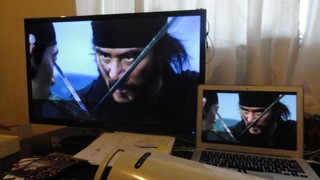
Here is a topic that doesn't apply to everyone. Nice!
"But cursive is faster," you might think or say. That's what John Holt thought. He thought it because that was the justification given to him as a child when people taught cursive (though he was old enough to have used fountain pens not just for fun).
In his book Learning All the Time, John Holt tells of having taught fifth grade and having explained to them what he "knew" about cursive writing. But three of those ten- and eleven-year-old children could print faster than the teacher could write in cursive. They raced. They timed it more than once. He discovered he was the fourth fastest writer in the room.
Brits use the term "joined-up writing" and theirs is a connected sort of italic script. Canadians use "manuscript writing", I think. Americans use "cursive."






